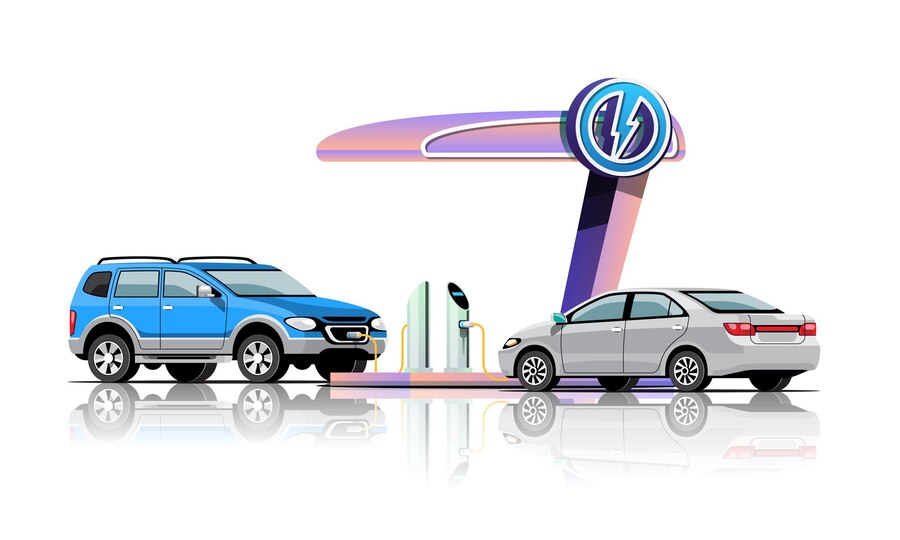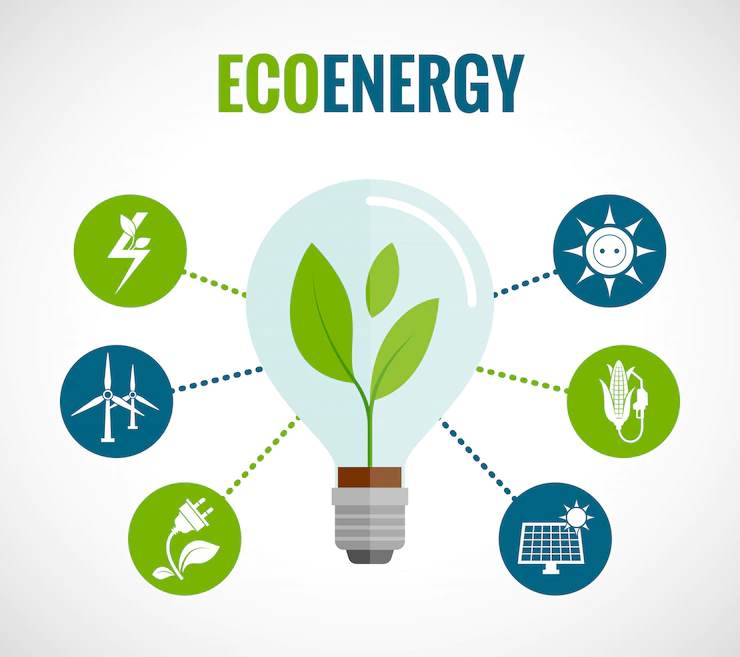Researchers have constructed floating “artificial leaves” that produce clean sunlight and water. These “artificial leaves” have the potential to one day function on a massive scale in the ocean. Researchers from the University of Cambridge have developed ultra-thin and flexible gadgets that draw their cues for design from photosynthesis, the process that plants use to turn sunlight into food. It is possible that these low-cost, autonomous devices, which are light enough to float, might be utilized to provide a sustainable alternative to gasoline while also freeing up valuable space on land.
What is solar energy in simple terms?
As its name indicates, solar energy is the energy that is derived directly from the Sun. And solar power is the renewable energy produced when this solar energy is converted into electricity. This conversion is accomplished either indirectly by concentrated solar electricity, via PV or Photovoltaics, or in combination. Therefore, solar energy is harvested and used for human purposes.
What are the advantages of solar energy?
There are several advantages to utilizing solar energy for your house and business, and they are as follows:
You are in charge of your power.
Solar solutions, such as home inverters with batteries and solar panels, let you avoid expensive energy costs and provide dependable backup power when the grid is depleted. In recent years, power bills throughout the nation have increased dramatically. This tendency will very certainly continue. Therefore, solar goods are the most excellent option to prevent this. They provide low, consistent prices far less than those of the standard electric utility. Consequently, you may anticipate a decrease in your home’s typical power cost if you install solar panels.
The Effect on The Environment
The solar power system is a renewable, emission-free, and clean energy source. Unlike other energy sources, it has a minor detrimental influence on the climate. Unlike fossil fuels such as natural gas or coal, solar goods do not produce greenhouse gases or other hazardous pollutants in the air and water. Additionally, relatively little water is required for system maintenance. Solar energy generation does not make noise, which is a huge advantage.
Solar energy may be used anywhere.
So long as the Sun shines, solar energy will save our lives, particularly in rural areas where alternative sources of electricity are difficult to access. Therefore, it is beneficial to install separate solar systems in such locations. This will enhance millions of people’s lives. Additionally, spacecraft and watercraft rely heavily on solar power.
Meets the need
Temporary solar power storage guarantees a steady electricity supply during brief generator outages, such as periodic maintenance or passing clouds.
Enhances grid protection
A high solar energy penetration grid has several widely dispersed energy production hubs. This increases the grid’s security in the event of an overload or any man-made or natural catastrophe. A system is less susceptible to blackouts if several dispersed power plants exist.
Clean Fuel Production
The lightweight leaves were tested in the open air on the River Cam near famous Cambridge landmarks such as the Bridge of Sighs, the Wren Library, and King’s College Chapel. The tests revealed that lightweight leaves could convert sunlight into fuels as efficiently as plant leaves.

This is the first time that clean fuel has been created on water. If the project is successful and scaled up, the fake leaves might be employed on filthy rivers, in ports, or even at sea, and they may help lessen the dependency of the global shipping industry on fossil fuels. The findings have been published in the peer-reviewed journal Nature.
Decarbonizing businesses such as shipping is a far more difficult task, despite the fact that renewable energy sources such as wind and solar have grown much more accessible and affordable in recent years. Even though cargo boats fueled by fossil fuels carry out around 80 percent of all global commerce, this industry has gotten astonishingly little attention in talks surrounding the climate problem.
The research group led by Professor Erwin Reisner in Cambridge has been attempting to solve this issue for a number of years by creating environmentally friendly alternatives to gasoline modeled after the chemical reactions that take place during photosynthesis. They started an artificial leaf in 2019, which uses sunlight, carbon dioxide, and water to generate syngas. Syngas is an essential intermediate step in synthesizing various chemicals and medications.
The previous version worked by combining two light absorbers with the appropriate catalysts to produce gasoline. On the other hand, it had thick glass substrates and moisture-protective coatings, contributing to the device’s overall bulkiness.
” Artificial leaves might significantly reduce the price of producing sustainable fuel,” said Dr. Virgil Andrei from Cambridge’s Yusuf Hamied Department of Chemistry, who was also a co-lead author on the paper. “However, because artificial leaves are both heavy and fragile, it is difficult to produce them at scale and transport them,” he added.
According to Reisner, who led the study, “We wanted to discover how much of a reduction we can make in the materials that these devices consume without hurting their functionality.” If we can reduce the amount of material to a point where it is light enough to float, it opens up a whole new world of possibilities for using these artificial leaves.
The researchers from Cambridge had difficulty figuring out how to successfully deposit light absorbers onto lightweight substrates while preventing water from penetrating them. They developed thin-film metal oxides and materials known as perovskites to overcome these problems. These compounds may be deposited onto flexible plastic and metal foils.
The electronic components were protected from deterioration caused by moisture by having micrometer-thin coatings of water-repellent carbon applied to their surfaces. They were successful in creating a gadget that not only functions but also has the appearance of a genuine leaf.
Andrei said, “This work reveals that artificial leaves are compatible with contemporary manufacturing processes, signifying an early step toward the automation and scalability of solar fuel generation.” The National Science Foundation and the National Institute of Standards and Technology supported this study.
The author argues that these leaves achieve both the low weight of powder suspensions and the great performance of wired systems. They incorporate the advantages of the majority of solar fuel systems.

The newly developed synthetic leaves have shown, via testing, the ability to either decrease carbon dioxide to syngas or divide water into hydrogen and oxygen. The researchers believe that this finding opens up new possibilities for them to pursue in their work; nevertheless, more modifications will be required before the products are suitable for commercial applications.
According to Andrei, “solar farms have gained popularity for the production of electricity; we expect similar farms for the synthesis of gasoline.” The authors explain, “These may serve coastal people, remote islands, cover industrial ponds, or minimize water evaporation from irrigation canals.” These might also provide water to industrial ponds.
According to Reisner, “moving production to open water would mean that clean energy and land use aren’t competing with one another.” Since many renewable energy technologies, such as solar fuel, can take up large amounts of space on land, moving production to open water would eliminate this conflict. “In principle, you could roll up these devices and place them practically everywhere, almost any nation, which would also assist with energy security.”
- About the Author
- Latest Posts
A passionate advocate for all natural and sustainable ideas. With a background in sustainable economics science and a deep love for nature, Sojy has dedicated his career to promoting eco-friendly practices and encouraging others to live a more sustainable lifestyle. He is an avid hiker, gardener, and cook, and loves experimenting with natural ingredients in his recipes and lifestyle routines. Sojy believes that small changes can make a big impact and is constantly seeking out new ways to reduce his carbon footprint and inspire others to do the same



